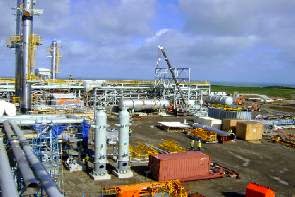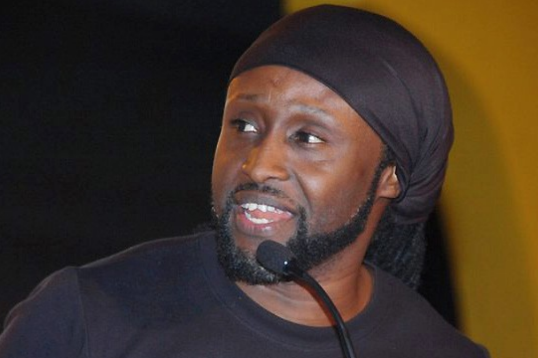‘Ghana needs $2.5b for additional gas infrastructure’

|
Getting your Trinity Audio player ready...
|
Ghana needs $2.5 billion to support additional infrastructural
development to become a fully fledged gas economy, the Director of
Special Services at the Petroleum Commission, Dr Kweku Boateng, has
said.
Aside from the thermal power generating units using the natural gas,
and liquefied petroleum gas (LPG) for homes, he said, there was the need
to install adequate infrastructure to create demand and attract
investment.
Mr Boateng was speaking at a media training in Takoradi organised by
Kosmos Energy for selected journalists from the Western and Greater
Accra regions.
The training was to equip the media with information to understand the
oil and gas industry to enrich their reports on the industry.
The participants were taken through an overview of the industry,
progress made by Ghana Gas in creating a gas economy, as well as the
prospects of gas for the economy.
Huge prospects
Mr Boateng said although the gas industry held huge prospects, in the
interim the country lacked the necessary infrastructure for distribution
to demand points to ensure the full benefit of the resource.
“For instance, there is the need to extend gas to industries across the
country and create other middlemen who will handle the needs of small
businesses and distribution modules for new residential facilities and
demand in rural areas,” he stated.
As part of its efforts, he said, the government was working on a Gas
Master Plan which would outline the road map for the development of gas
infrastructure, as well as policies and rules that would attract and
regulate investments, create easy access and expand gas demand.
A lecturer at the Institute of Oil and Gas at the University of Cape
Coast, Dr John Gatsi, said gas could provide financial and environmental
benefits by feeding both new and existing power plants and replacing
expensive light crude oil.
Explore ways
He stressed that the country should not limit gas to power generation
and domestic use but also explore ways of producing other bi-products
such as fertiliser, which could significantly help reduce the subsidies
currently offered farmers.
“The demand point for the gas is limited, which is likely to affect pricing, marketing and investment,” he said.
Dr Gatsi said a company such as ENI agreed to sink more than $7 billion
in the development of its Offshore Cape Three Points (OCTP) because the
country expressed readiness to take the gas.
“There should, therefore, be demand points created to make the resource
beneficial to the socio-economic well-being and convenience of all,” he
added.
The Communications Manager of Kosmos Energy, Ms Ruth Adashie, said her
outfit was ready to help develop the skills of journalists in oil and
gas reporting through similar projects.
Credit: Graphic Online





